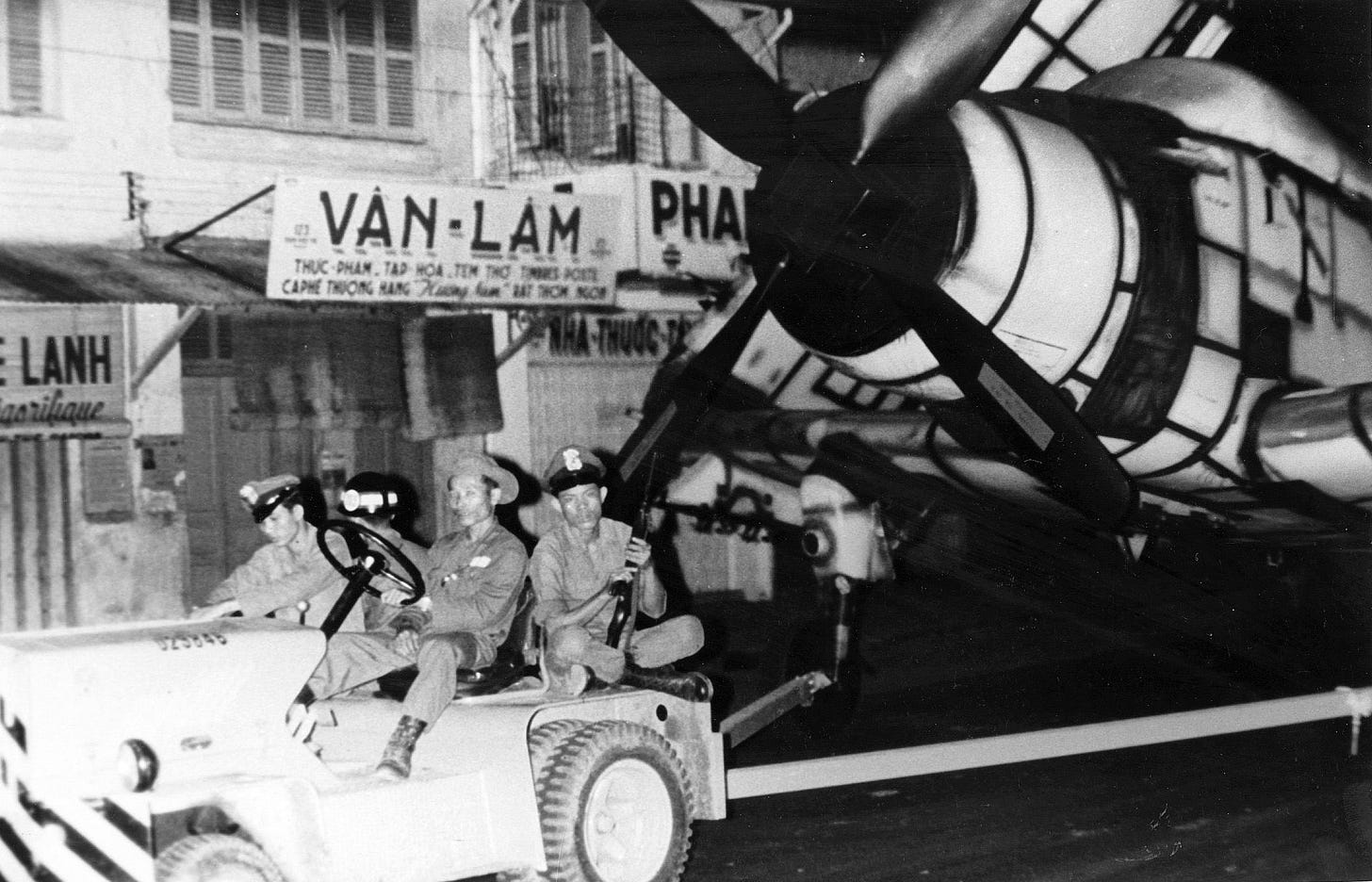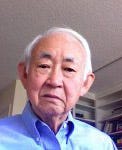ICWA@100: Reflections on the Vietnam War
Takashi Oka on tumult and corruption in 1960s South Vietnam

Takashi Oka, a groundbreaking journalist who reported on the Far East for Americans, was an ICWA fellow in Vietnam who focused on the ongoing war from 1964 to 1966 as the United States moved toward full military engagement and developments in the South became increasingly desperate. Tak went on to spend much of his career as chief Far Eastern correspondent for The Christian Science Monitor. He became the first Japanese-born Tokyo bureau chief for The New York Times and later editor-in-chief of Newsweek’s Japanese edition. He left journalism to enter Japanese politics before earning a PhD from Oxford in political science at the age of 84.
When he felt South Vietnam had become too dangerous in 1966, Tak left for Japan, hoping to return as the situation improved. It did not. From a Japanese mountain resort, he reflects on the tumult he had witnessed in Saigon and while traveling the countryside. He remembers people pushed to extremes, in a “heartrending, medieval spectacle,” and the corruption that seemed to undermine every action in the South. “[M]y memories focus most of all on what I would call neither the Quiet American nor the Ugly American, but the bewildered American, the tortured American, the frustrated American—the man who doesn’t know why he is in Vietnam.”
JAPAN (July 1966) — When I started the series of newsletters entitled “The Anatomy of a Crisis,” I intended to focus on events between March 10 and April 14 of this year. March 10 was the day of Nguyen Chanh Thi’s dismissal from the ruling military junta—the National Leadership Council. April 14 was the day the junta bowed to Buddhist and other opposition pressure and agreed to hold elections in three to five months.
Over two months have passed since those tumultuous days in early spring, and it seems almost anticlimactic to write about them now, since they have been succeeded by days even more dramatic and tumultuous. Instead of opening the way to a solution of the crisis, April 14 merely set the scene for an even greater tragedy. Meanwhile, I have quit Vietnam (temporarily, I hope) and am now ensconced in a mountain resort 100 miles northwest of Tokyo, taking long walks amidst the greenery of a country at peace, and trying to bring together some thoughts on the meaning of the tragedy—what some might call “the mess in Vietnam.”
Before leaving the country, I visited [the coastal city] Hue and had several talks with Thich Tri Quang, who has since been removed to Saigon where he continues his hunger strike against the government. I did not witness the sacking of the American library and consulate in Hue, but I was present at the final stages of the self-immolation of the nun Thich Nu Thanh Quang at the Dieu De pagoda. It was a heartrending, medieval spectacle. One cried out to ask what pushed individuals to such extremes of self-sacrifice.
Can one account for the fierce divisions among the Vietnamese one knows simply by saying that they have no modern sense of nationhood, that their loyalties are to family and region and religion rather than to the common good? Can one dismiss the discipline and self-sacrificing spirit of the Communist foe by calling him the slave of a foreign ideology?
Day after unrelenting day, the war continues—across the green-and-brown checkerboard of paddyfield and canal in the Mekong delta, through the creeper-choked jungles and abandoned rubber plantations east and north of Saigon, on the jagged slopes and in the malarial valleys of the Annamite cordillera, up and down the coastal plains fronting the Gulf of Tonkin and the South China Sea, where the forebears of today’s Vietnamese wrested an empire from the decaying lords of Champa.
And war is always people. I remember a ragged waif in the marketplace at Chau Doc, staring at me with an intensity frightening in one so young—staring, and waiting for me to finish my noodles and my chicken so that he could wolf down the leftovers. Another urchin selling lottery tickets looked at me, then offhandedly at him, and stated flatly, in a clear, unsentimental voice, “He’s a war orphan.” I remember a young mother in a refugee camp in Danang, clutching a tin of American-donated cooking oil and asking for news of her soldier husband. I have seen Vietcong captives—a 14-year-old buffalo herder found hiding in the fields with a hand grenade, a khaki-clad soldier infiltrator from the North who thought he was helping to “liberate” Saigon, a woman fruit-seller who enticed a Vietnamese marine to take to the hills. I have seen helicopters whirring wounded or dead American or Vietnamese soldiers to hospitals or to morgues.
I remember these scenes, but I also remember the luxurious restaurants of Saigon, where Vietnamese maidens with long black tresses and unimaginably slender waists alternate French chansons with their own haunting love plaints. I remember the villas of Dalat and Nha Trang, where generals on holiday from the war entertain their mistresses and their gambling partners. I remember a high security official roaring with laughter when I asked him about corruption and saying, “Well, what if a general asks a province chief for 300 bags of USOM cement to build a military installation that is actually his private villa? That’s not corruption! Or what if an economic official gives you an import license, and you make a lot of money, and you give him a gift as a token of your gratitude? That’s not corruption!” And when I asked him, “Well then, what is corruption?” he sobered down and said, “If a general tells a subordinate, ‘Unless you pay me thus-and-such, I will send you to the battlefront,’ that’s corruption. If an economic official tells a merchant, ‘You must pay me thus-and-such or you won’t get an import license,’ that’s corruption.” And when I asked him, “Have you come across many such cases?” he replied, “After I have quit my job, I will tell you.”



